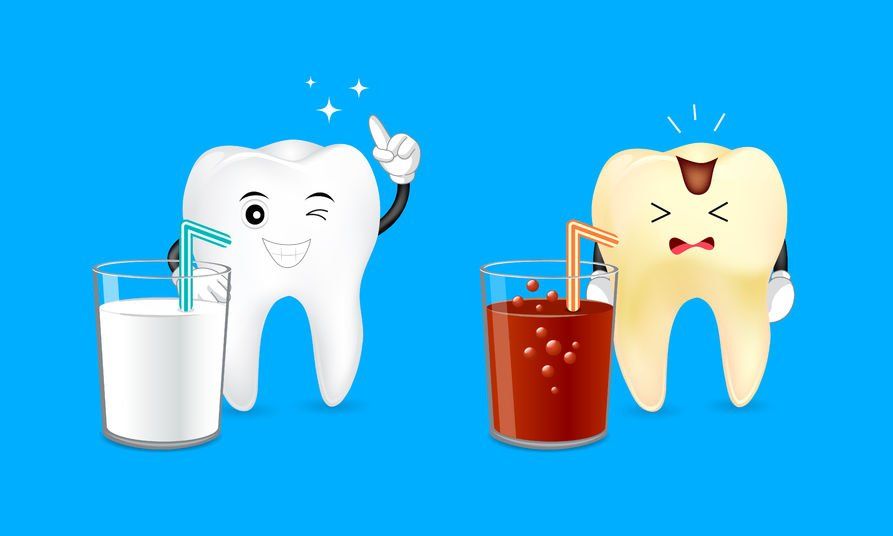Can Drinking Alcohol Harm Your Tooth Enamel?
- By Mary Marks
- •
- 10 Oct, 2018
- •

As we already know, sweets and carbonated drinks are not exactly the best friends of healthy teeth. But have you ever thought that alcohol is also a dangerous enemy? A recent study reveals the major impact that alcohol consumption may have on oral health.
The alcoholic drinks frequently responsible for harming our
tooth enamel are champagne and wine (especially white wine, as it is more
acidic). On the other hand, the ones less susceptible to damage our teeth are
beer, which also contains a large amount of calcium, but also spirits like
vodka, when they are completed with lots of ice cubes. The dentistsat Clarkson Dental in Denver
can give you advice in taking care of your teeth and keeping them healthy.
How do you protect your teeth against the attack of acids present in the alcoholic drinks?
In addition to adding a generous amount of ice to your alcoholic beverages, specialists also recommend other helpful tips, such as rinsing your mouth with water, after consuming alcohol. So, when you order alcohol, also ask for a bottle of water; it will dilute the concentration of acids that attack your enamel.
Even more effective is rinsing your mouth with mouthwash, so you might want to consider keeping a bottle at hand, to use it whenever you drink alcohol.
Last but not least, there are certain foods that act like detergents, effectively removing the acids from the teeth. These include cheese and celery.





Although oral sedation dentistry Highlands Ranch is one of the optionsavailable for managing anxiety and discomfort during oral surgery, you certainly do not need to use it all the time. As a matter of fact, the exact type of sedation or anesthesia that you receive during oral procedures may depend on various factors, such as the complexity of the procedure, your medical problems, as well as your doctor’s preferences.
There can be several different levels of sedation that can be used in oral surgery. Local anesthesia is one of them. This involves injecting anesthetic medication into the specific area where the surgery will take place. It numbs the area and is often used for less invasive procedures.
Oral sedation involves taking medication in the form of a pill to induce a state of relaxation and drowsiness. The patient is still conscious, but he/she may not be fully aware of the procedure. At any rate, sedation helps him/her get rid of anxiety.
In the case of intravenous sedation, medication is administered through a vein, which induces a deeper state of sedation than oral sedation. Patients may still be conscious, but they are less aware of their surroundings and may not remember the procedure.





